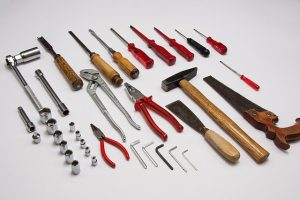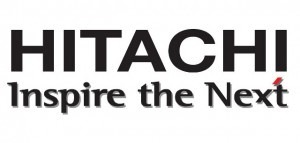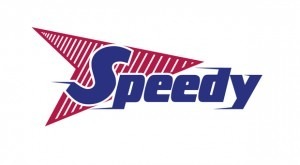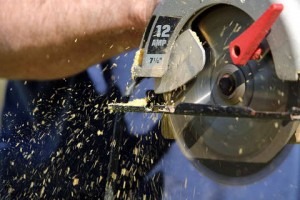Hammered, beaten, nailed or screwed: whichever way investors sum it up, tool hire companies have endured a pretty wrenching summer. UK Tool hire companies have experienced a drop in profits this summer.
Even a 7% rise in September in the shares of Ashtead, on the back of record quarterly profits, could not fully reverse a decline of a fifth since its stock hit a record high of £12.17 in May.
The sectoral fall comes despite Britain’s longest period of sustained building growth for seven years and with house prices rising across all of mainland Britain.
The housing recovery should give homeowners an incentive to do more DIY and push up demand for equipment such as hedge trimmers, cement mixers and carpet cleaners.
But some tool hire companies have failed to make the most of what should be favorable trading conditions.
One of the casualties is HSS Hire, after the company issued two profit warnings this summer, its share price has dropped almost 70% to 65p, more than two-thirds below its 210p float rate price in February.
The tool hire company cited at the end of August a “more slow and erratic than predicted” recovery in the UK housing and home improvement markets, as it downgraded its full-year revenue growth to 8-11 percent, compared with a 25.5% rise in 2014.
An analyst at Numis, John Carter, says because tool hire companies generally have high fixed costs, their profits are disproportionately hit when revenues fall.
“Though HSS had two profit warnings they still generated 10.6% organic revenue growth in the first half and been taking market share,” he says.
HSS’s rival Speedy Hire has also been on a downward spiral, with the stock 40% lower since late May, not helped by a profit warning in July. Management admitted failings, including a lack of available equipment, a focus on big clients at the expense of small and medium enterprises and poor customer service.
“These are company-specific issues rather than to do with the general market, “says Kevin Fogarty of brokerage Panmure Gordon. “There’s a risk of taking a broad brush and tainting other stocks in the sector, which isn’t justified by their fundamentals.”
This stuttering performances of HSS and Speedy have overshadowed healthy results of an even bigger rival Ashtead, which has the advantage of greater scale, and Lavendon, a niche specialists in cherry-pickers, elevated platforms, for building and sports events.
Crucially, both were slowed down by not selling outside the UK, underestimating the importance of expanding into overseas markets.
Ashtead is largely insulated from the British market as the bulk of sales come from its US division, Sunbelt, which had a 23% rise in tool hire revenues last quarter. Compared to the issues of Speedy and HSS, its UK tool hire business has also delivered strong profit growth.
Although the company has not escaped investors’ concerns. A profit warning from their larger US rival, United Rental, in July added to fears and reduced hire activity from energy customers, triggered by the drop in the crude oil price, which leads to oversupply in the general tool hire market.
Lavendon has benefited from a strong presence in the Middle East, which helped it deliver a 27% rise in pre-tax profit in the six months to June. However, its share price has similarly fallen over the summer.
Andy Smith at Panmure Gordon says, “Lavendon’s robust results compared with Speedy Hire and HSS can be attributed to its greater reliance on overseas profits, without which there would have been little growth.”
With analysts expecting the UK economy to keep growing and the building market to recover further, he says that HSS and Speedy may not be set for a demolition just yet.












